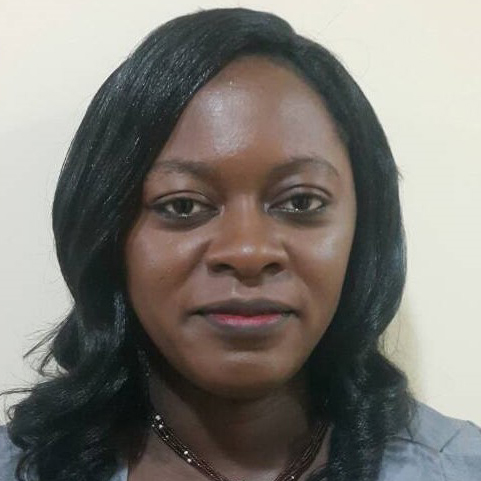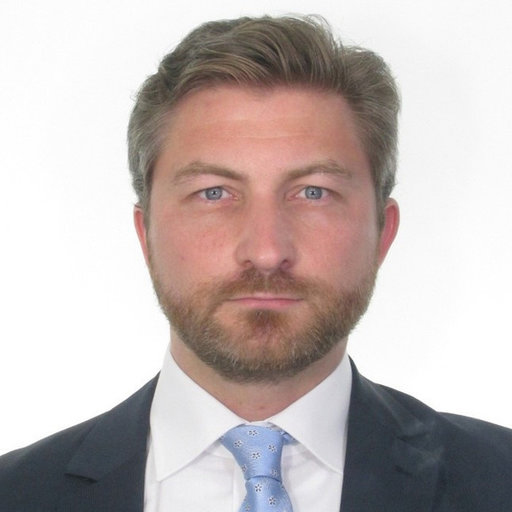Event Summary
Speakers
- Ariane Wakap, DGPEP / MINEPAT Cameroun
- Willy Franck Sob, Director, SOGEFI
- Joelle Leudjou, Direction des Études, de la Planification et de la Coopération (DEPC), MINHDU
- Moderator: Florent Baarsch, Senior Environmental and Climate Economist, Consultant
Description
Thursday November 21, 14:00 – 15:30, Room 4
Climate change and disasters can disrupt societies, lead to very high costs for economic development and slow poverty reduction efforts. Strengthening the capacity of the public and private sectors to quantitatively integrate these risks into their decision-making tools and processes is a key factor in ensuring climate-resilient investment and policy planning.
Cameroon’s experience in integrating climate and disaster risk data and information into decision-making processes at the national and local levels will be discussed during the session.
In this session we’re going to
• Present the results and progress of a participatory, evidence-based and science-based approach to strengthening Cameroon’s resilience from the macroeconomic to the local level;
• Share the approach implemented at the macroeconomic level since the diagnostic guide to the training of Cameroonian ministry staff; and
• Present the progress resulting from the implementation of this data-driven participatory method at the city level in Cameroon.The experience of Cameroon in how to integrate climate and disaster risk data and information into decision-making processes at national and local level will be discussed during the session.
On one hand, the Ministry of Economy (MINEPAT) is using state-of-the-art macroeconomic modeling tools to understand the impacts of climate change in their economic growth and facilitating the integration of quantitative climate risks information in Cameroon’s development planning. On the other hand, the use of urban data as well as hydrological and hydraulic models serves as a support to the Ministry of Housing (MINDHU) for the application of risk assessment methodologies to inform local urban planning in areas exposed to floods.
The information, models, processes and approaches, as well as challenges involved in these issues will be presented and discussed by representatives of both ministries and technical experts.
Speaker bios
 Ariane Wakap is an Economist Statistician Engineer, Assistant Research Officer at the Macroeconomic Synthesis Unit / Division of Economic Analysis and Policies of the Ministry of Economy and Planning (MINEPAT) in Cameroon. She participates in economic modelling work at the Ministry of Economy, in particular macroeconomic framing, which helps decision-making in the formulation and implementation of the country’s economic policy. She is also involved in the preparation of economic studies, in the aim to proposing policy measures to boost economic growth.
Ariane Wakap is an Economist Statistician Engineer, Assistant Research Officer at the Macroeconomic Synthesis Unit / Division of Economic Analysis and Policies of the Ministry of Economy and Planning (MINEPAT) in Cameroon. She participates in economic modelling work at the Ministry of Economy, in particular macroeconomic framing, which helps decision-making in the formulation and implementation of the country’s economic policy. She is also involved in the preparation of economic studies, in the aim to proposing policy measures to boost economic growth.
 Florent Baarsch is an economist specialised in climate change, adaptation and resilience. He supports World Bank in Cameroon in providing technical assistance to integrate climate risk into macroeconomic modelling and decision-making. His work has been published in peer-reviewed scientific journals (including World Development) and several international organizations (World Bank, African Development Bank, UNECA, UNEP, etc.). He is the co-founder of et0 – growresilient, a startup dedicated to accelerating investments in climate change resilience.
Florent Baarsch is an economist specialised in climate change, adaptation and resilience. He supports World Bank in Cameroon in providing technical assistance to integrate climate risk into macroeconomic modelling and decision-making. His work has been published in peer-reviewed scientific journals (including World Development) and several international organizations (World Bank, African Development Bank, UNECA, UNEP, etc.). He is the co-founder of et0 – growresilient, a startup dedicated to accelerating investments in climate change resilience.
